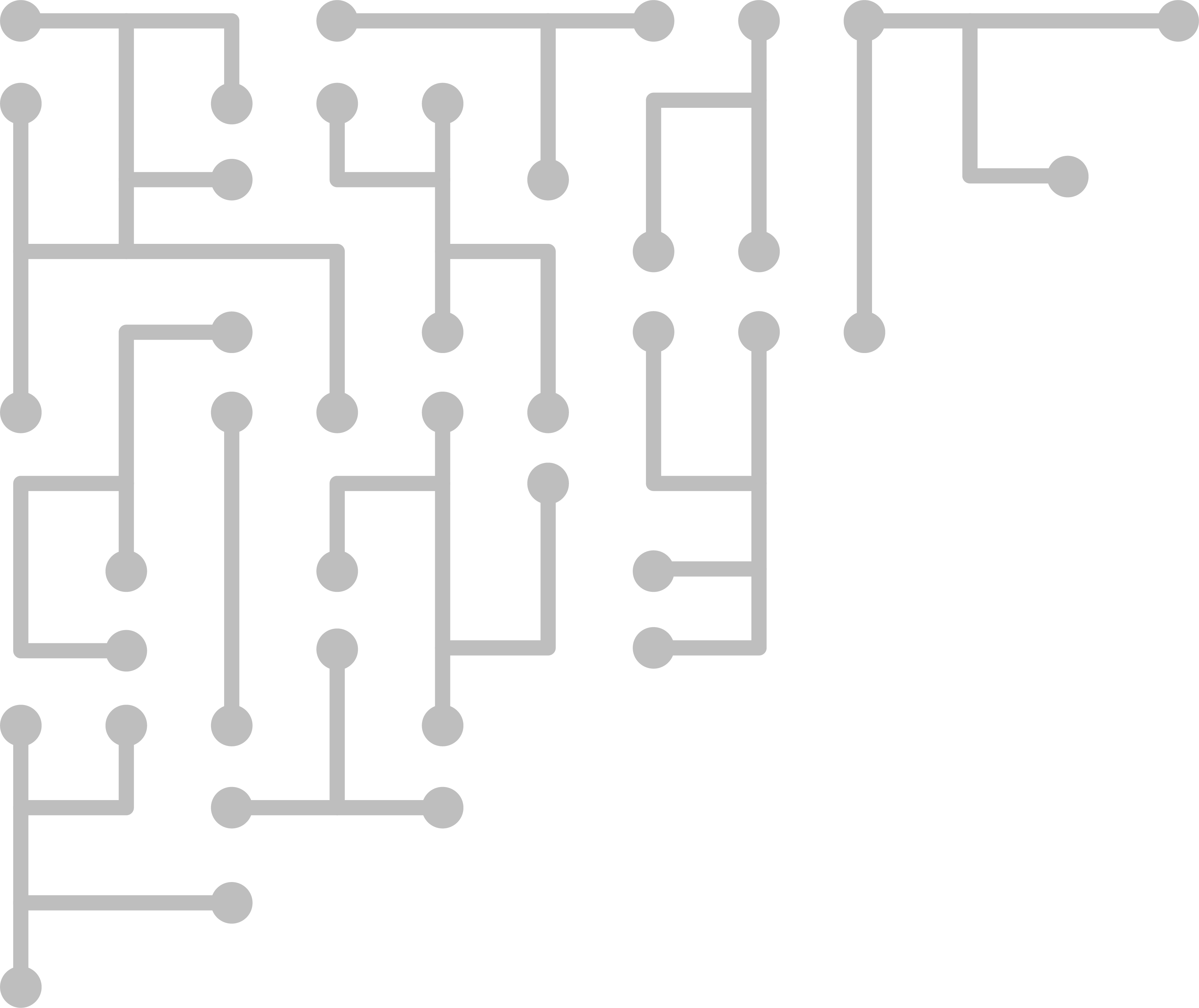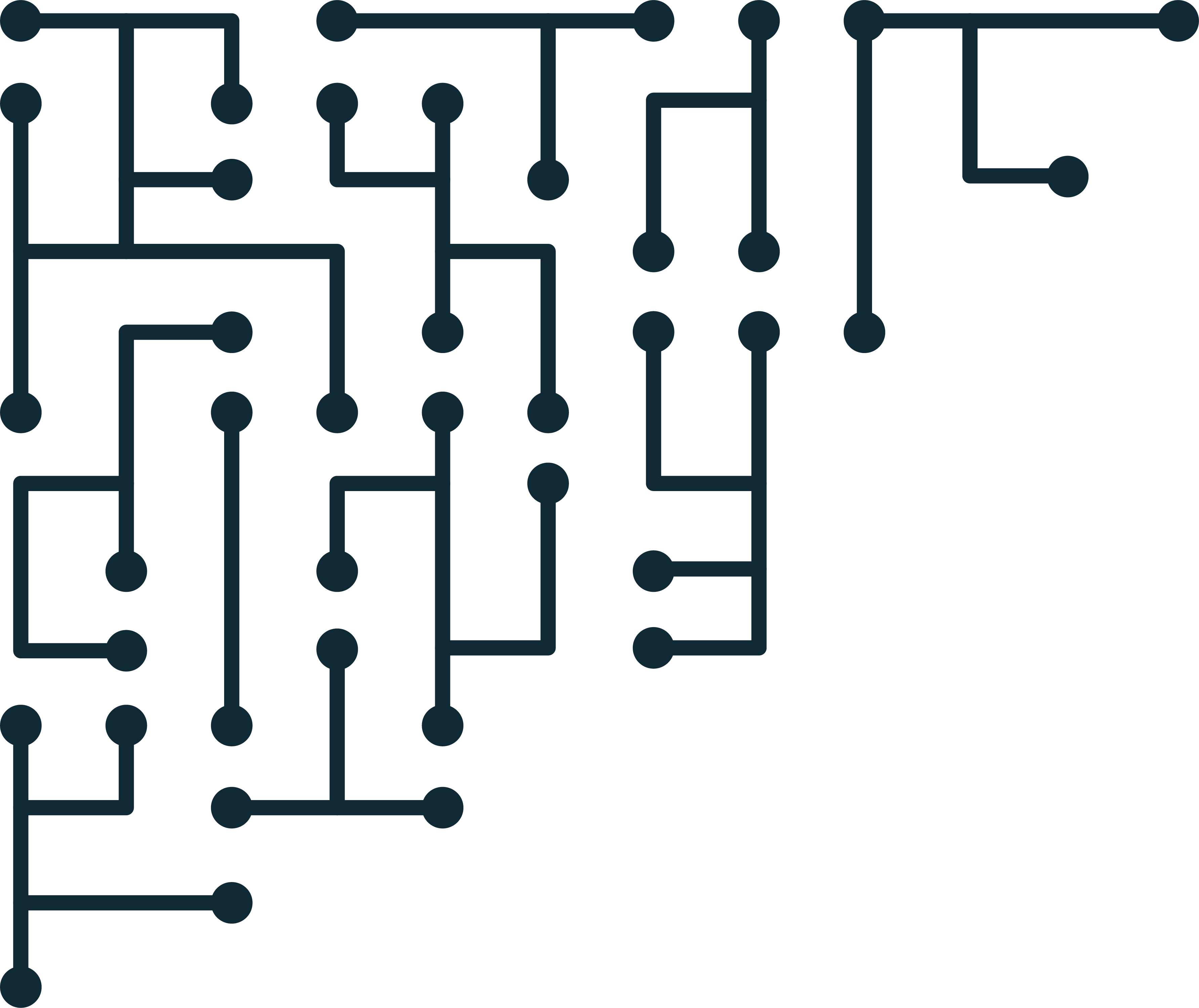Encrypted backup and the importance of redundancy
I have noticed that with online storage, more people are backing up their documents (consciously or not), than were before online storage became so seamless. There is also an assumption that their data will be available when they want/need it. The important thing to remember, however, is that no backup solution is perfect. Be it online storage in the Cloud or backup to a local disk, there are potential risks to access and integrity of your data.
In my case, I rarely use Cloud-based storage services. I find that I don't always have access to an Internet connection, and many of the files I want to back up are unlikely to be accessed in the short term. Basically, I am archiving some of my data, and there is really no benefit for me to archive to the Cloud. So for backup and archiving I have two external drives that I keep synced with rsync.
Both disks use full disk encryption. I do not keep personal information or secrets per se, but in 2010 I had an unencrypted disk stolen (and miraculously recovered). When it went missing, I was not worried about the information about me that was on the disk. I found that I was more worried about the pictures and movies of my friends and family (especially my niece and nephew), and what someone could potentially do with them. It is unlikely that a thief would use the pictures, but that was still my concern.
Since then most of my data is encrypted. However, there are still potential risks to the data, which I was reminded of recently. For data backup I have a primary backup drive to which the local machine is backed up daily, and a secondary drive that gets synced from the primary weekly.
Last week my system crashed while the computer was apparently in the process of backing up. Either the encrypted device or the file system got corrupted, and the backed-up data was effectively lost. Recovery might have been possible, but I didn't take the time to do an analysis. This is because I could just recreate the primary encrypted disk, rsync from the secondary backup, then backup the local system like normal. Without the secondary backup, my current working documents would still exist, but I would potentially loose some archived information of sentimental value.
Long story short, no matter how you decide backup your data if you care about the data, keep at least a secondary backup in another location. This can minimize the risks to the access and integrity of your data since you never know what might happen.
Image courtesy of Renjith Krishnan / FreeDigitalPhotos.net



